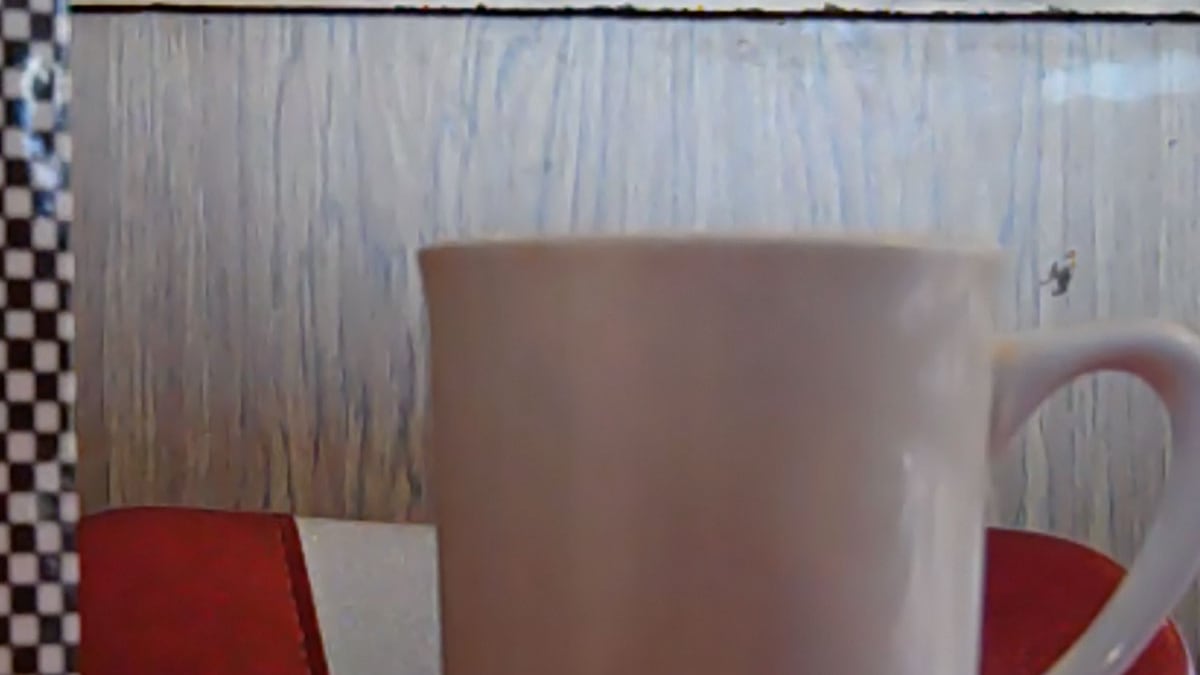Local director Julie Perini is perhaps best known for her feature films that examine diverse approaches to social activism, whether it's a documentary about a butch lesbian who held up banks to fund a revolutionary prison abolitionist group in The Gentleman Bank Robber, or the project titled Arresting Power, which featured interviews with community leaders in Portland about curtailing police violence.
Her latest screening has nothing to do with those films.
Extra Ordinary: Short Films & Videos About Everyday Life, shown as part of NW Film Center's ongoing Northwest Tracking series, which highlights the work of regional independent filmmakers, exhibits the other half of Perini's oeuvre. Before she focused her lens on the lives of fellow Oregonians, Perini aimed her camera the opposite direction: inward.
"Those [features] were extroverted projects," she says. "I was working with subjects, interviews, archives—other people's stories. Whereas I got into filmmaking making work about myself, from my perspective, with lots of reflection."
Perini's presentation of mini-documentaries and experimental shorts like Girl Next Door (2010), a study of neighborly interactions or lack thereof, and White Lady Diaries (2013), a series of clips with overlaid text investigating white privilege that includes Julie Time, a one-minute film comprising half-second shots collected from Perini's archive of what she calls "Minute Movies."
"I make a video every day, or sometimes two," says Perini. "A lot of them are just observing something beautiful with consumer cameras, like a flip phone or, now, my iPhone. I make diary pieces out of combining those, playing with editing and rhythm."
These sketches of the world around her are sometimes seemingly trivial shots—glimpses of daily fragments. Though some are breathtaking, like a one-minute film depicting different views of a massive, moss-covered wall by Italy's Tiber River. The meditation on a recent trip shows varying shades of green shimmer with trickles of water when caught in the right light.
Perini says she reads memoirs "compulsively" and cites Jonas Mekas, an avant-garde filmmaker who developed the genre of diary films in the 1960s and '70s, as an inspiration. Like that director's bite-sized compositions, Perini's shorts are a means to process the present. But when Perini looks back years later on these clips, they transform into a meaningful representation of that time in her life.
The upcoming showing at Whitsell Auditorium is the first time Perini's Minute Movies will be seen by the public. Turns out, all of those films about other people reinforced her interest in "the I."
"The recordings of everyday moments in the past became very valuable," says Perini. "I found footage of street corners on Albina Street that had been used as filler for news coverage but were perfect for us to be able to show what life was like on a typical day. Anything becomes archival. Even if it's shot on a flip phone."
SEE IT: Extra Ordinary: Short Films & Videos About Everyday Life by Julie Perini screens and the director will lead a post-film discussion at NW Film Center's Whitsell Auditorium, 1219 SW Park Ave., nwfilm.org, on Wednesday, Jan. 16. 7 pm. $5-$10.

